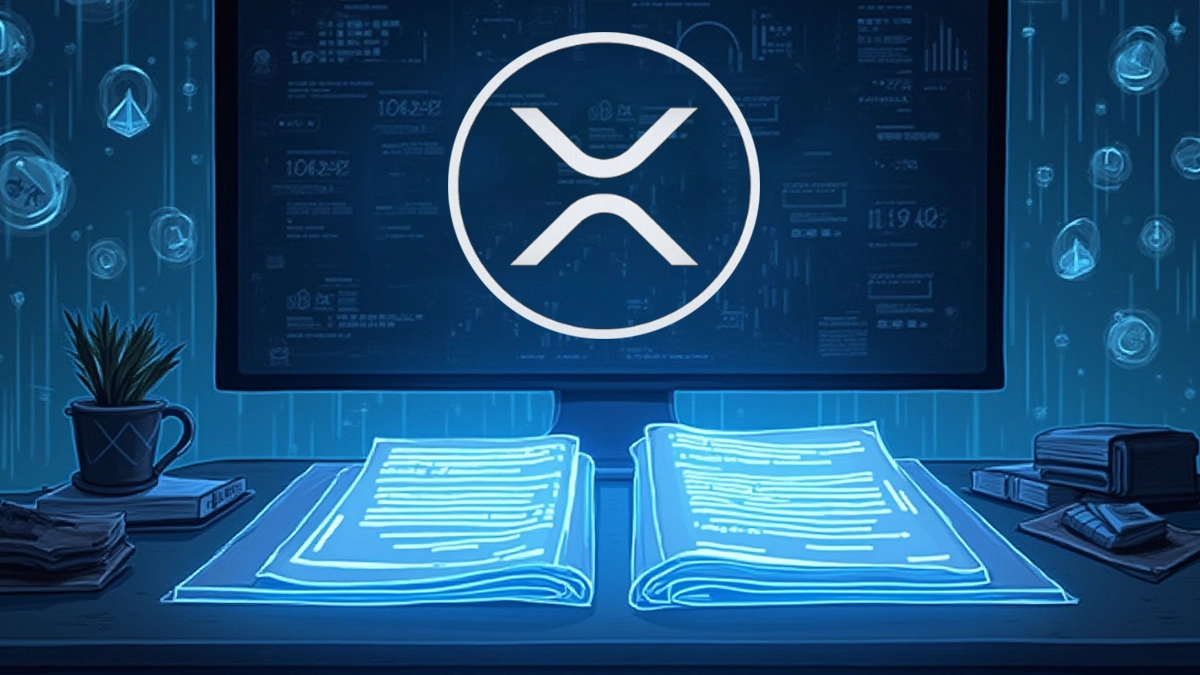- South Korea allows crypto liquidation by non-profits and exchanges starting June 2025.
- FSC enforces stricter AML and KYC checks to safeguard growing institutional activity.
- Crypto use expands with $5B daily volume and 91% market cap growth in late 2024.
South Korea is preparing to ease certain cryptocurrency restrictions, with new rules set to take effect in June 2025. Non-profit organizations and registered crypto exchanges will soon be allowed to sell digital assets under specific conditions. This development marks a significant shift in the nation’s approach to digital finance.
At the same time, the government is tightening its grip on compliance procedures. Stronger anti-money laundering (AML) and know-your-customer (KYC) protocols are being rolled out to ensure financial integrity as the market opens to more institutional participants. This balancing act reflects the country’s cautious yet progressive stance on digital asset regulation.
Regulatory Shift Favors Non-Profits and Exchanges
Starting June 2025, non-profit organizations will be able to sell cryptocurrencies received through donations. In parallel, crypto exchanges will be permitted to liquidate digital assets collected as transaction fees.
These moves are part of a broader plan to create more practical pathways for crypto asset conversion within regulated environments. By enabling these limited forms of liquidation, the Financial Services Commission (FSC) aims to support operational flexibility while maintaining oversight.
This policy also acknowledges the growing role of crypto in philanthropy and exchange business models. Many non-profits have received digital asset donations in recent years but faced challenges converting them into usable funds. Similarly, exchanges often accumulate crypto through fees, which until now, could not be easily liquidated. These new guidelines aim to resolve both issues.
Enhanced Compliance for Institutions and Exchanges
Despite these regulatory relaxations, the FSC is implementing more rigorous compliance measures. Crypto exchanges and their banking partners must now thoroughly investigate the origin and intent of institutional transactions. This includes deep KYC evaluations and AML checks, especially for new institutional clients.
Moreover, executives of these institutions will be subject to monitoring for any suspicious activity. These steps are designed to prevent money laundering and ensure that the growing crypto market remains secure and transparent. The Korea Federation of Banks and the Digital Asset Exchange Association are expected to distribute the official guidelines later this month.
Broader Crypto Adoption and Political Momentum
With nearly 10 million active crypto users, South Korea ranks among the top global markets for digital assets. Retail investors remain heavily invested, especially in altcoins. Daily trading volumes have surged past $5 billion, and the total market capitalization grew by 91% in the latter half of 2024.














